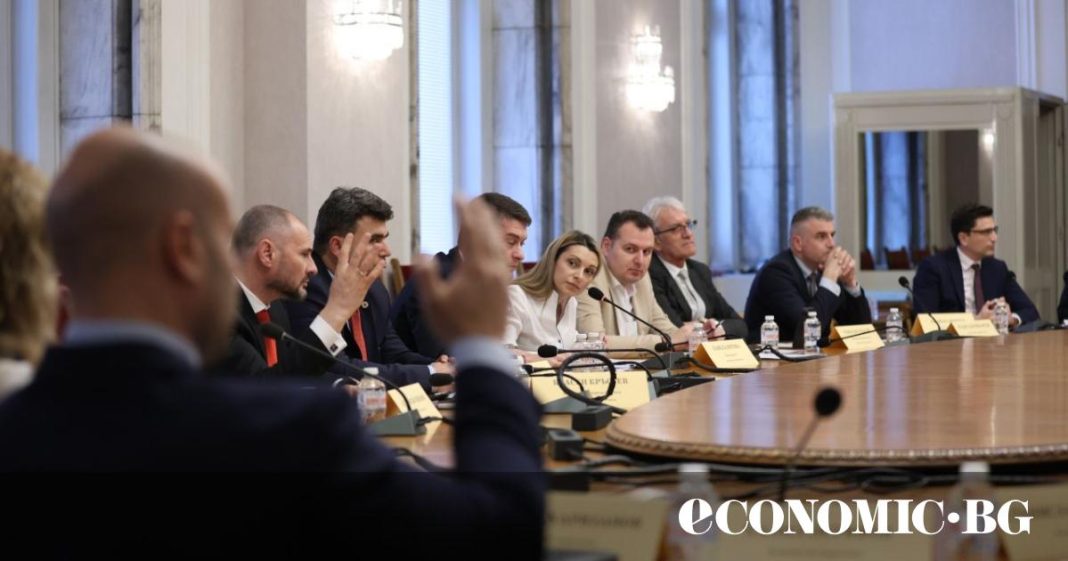The liberalization of the Bulgarian household energy market, which was a mandatory condition from the European Commission to receive the second payment under the Recovery and Resilience Plan, is getting further and further away. On Tuesday, MPs in the Parliament’s Energy Committee voted to postpone the decision again, though it is not yet known for how long.
The postponement came with two bills submitted by coalition partners BSP and ITN. The Socialists want a 2-year delay – until the beginning of 2028. ITN, on the other hand, proposed a postponement to 2031.
The pro-Russian party, Revival, tried to „outsmart“ them by proposing a 10-year postponement. But the majority rejected the proposal.
Exactly a year ago, pre-election time, the MPs postponed the liberalization of the wholesale electricity market until July 1, 2026. For now, that date remains valid, with the power distribution companies being the most affected.
The parliamentary commission’s meeting on Tuesday was also attended by Energy Minister Zhecho Stankov, who explained that in the renegotiation of the Recovery Plan, Bulgaria agreed with the European Commission that there would be no deadline for the liberalization of the household market and that MPs would determine the appropriate one.
Perhaps the most important part of the RRP renegotiation is that we are saving residential consumers as they will not be exposed to high prices on the free market,“ he said.
Although the bills postpone full liberalization for households, the model for partial liberalization of the market (only for energy distributors) remains, but it is not yet entirely clear what it will be and how the legislative texts will change between readings. However, it is clear that this will take place after July 1, 2025.
At the moment, only the new deadlines have been adopted by the energy commission, though major changes are coming between the 1st and 2nd readings, when negotiations with the European Commission on the reform will have been concluded. They will then have to be included in the Energy Act.
From Stankov’s words, it became clear that the Council of Ministers will take over the functions of the Energy and Water Regulatory Commission (DKER) to make decisions on the regulated price of electricity from July 1 to June 30, yearly, based on data that the regulator provides.
For the liberalization of the wholesale market, we must take into account the long-term contracts in force, both the one in force with AES and with other installations with which agreements have been made,“ Stankov explained.
When asked by MP Radoslav Ribarski (PP-DB) about the mechanism that end suppliers can expect after the liberalization of the wholesale market, the process of buying from and selling energy to households, and the way the price of energy will be guaranteed, Stankov replied that meetings are currently being held with the European Commission and there will be talks today or tomorrow.
If the Energy Act gets rushed, there will be a vacuum of nearly 750 million leva, which must be taken over by someone,” Stankov explained.
He added that the Ministry of Energy has found the „pill“ to cure this model, and a new mechanism will be approved by the end of the week.
According to him, it must guarantee financial stability so that these funds will be covered in a way that does not affect any of the participants.
Therefore, the major changes to the Energy Act and the partial liberalization model will be discussed and adopted between the first and second readings, with the Minister of Energy expecting this to be finalized by mid-May.
Regarding the financial stability of the Electricity System Security Fund (ESSF), Stankov said that a solution has been found to ensure that the collection of funds meets the costs that are predictable once the EPPs enter the free market.
Translated by Tzvetozar Vincent Iolov
Източник: Economic.bg


